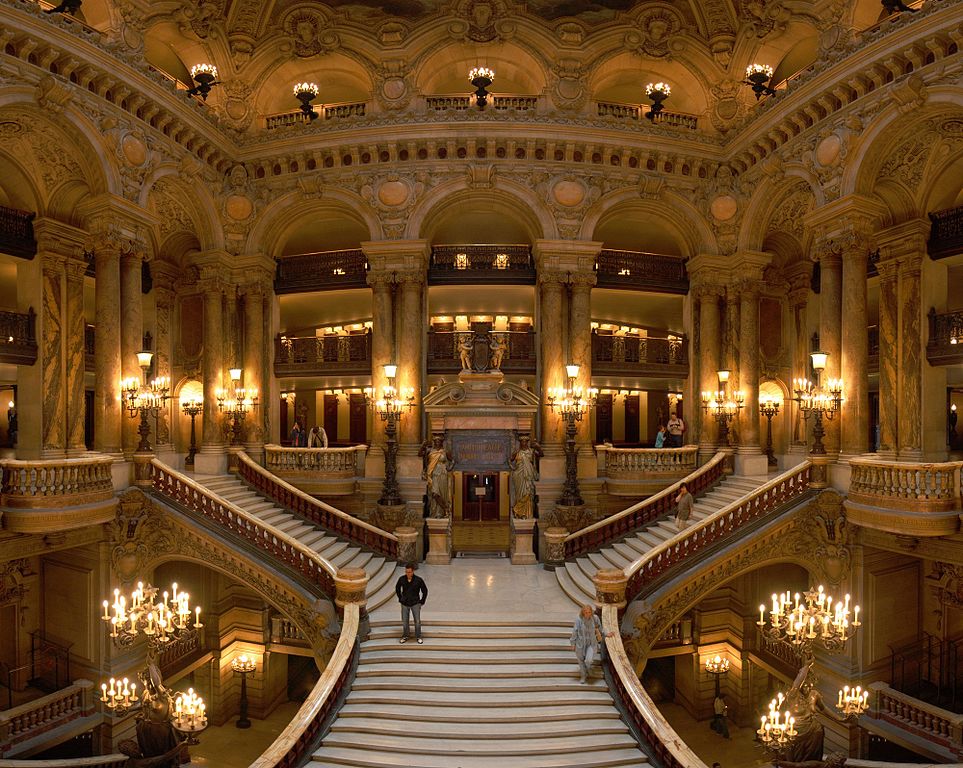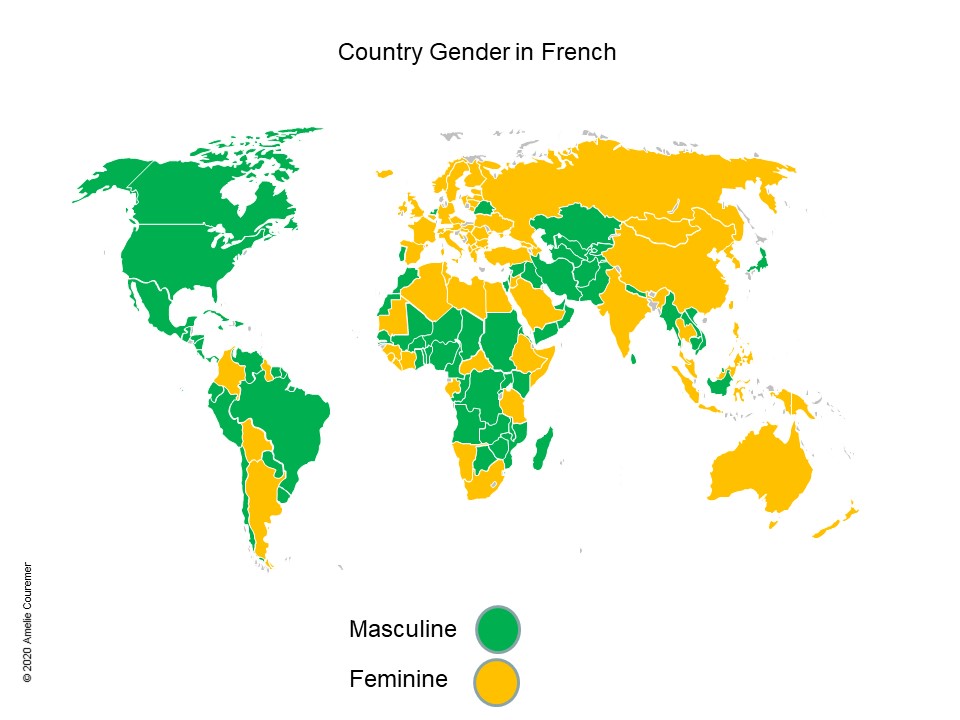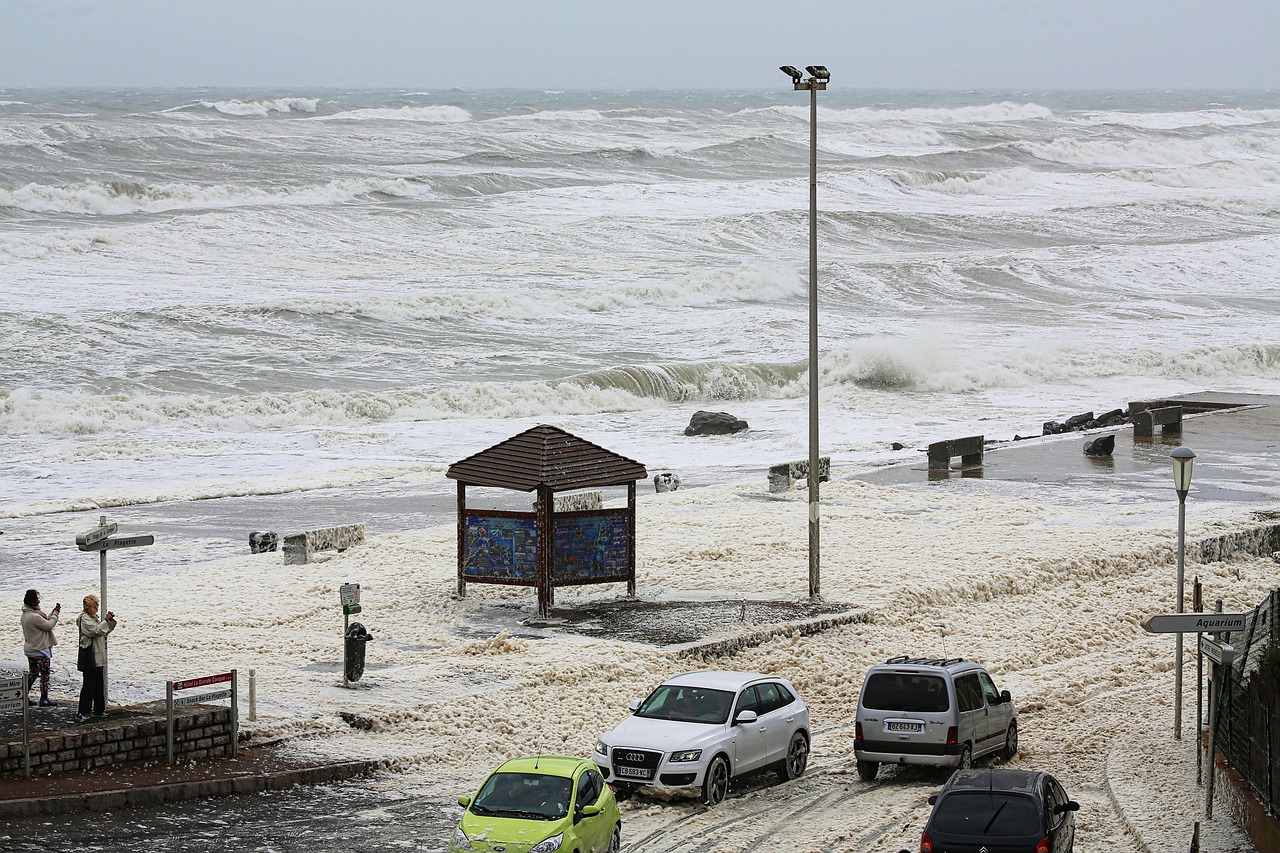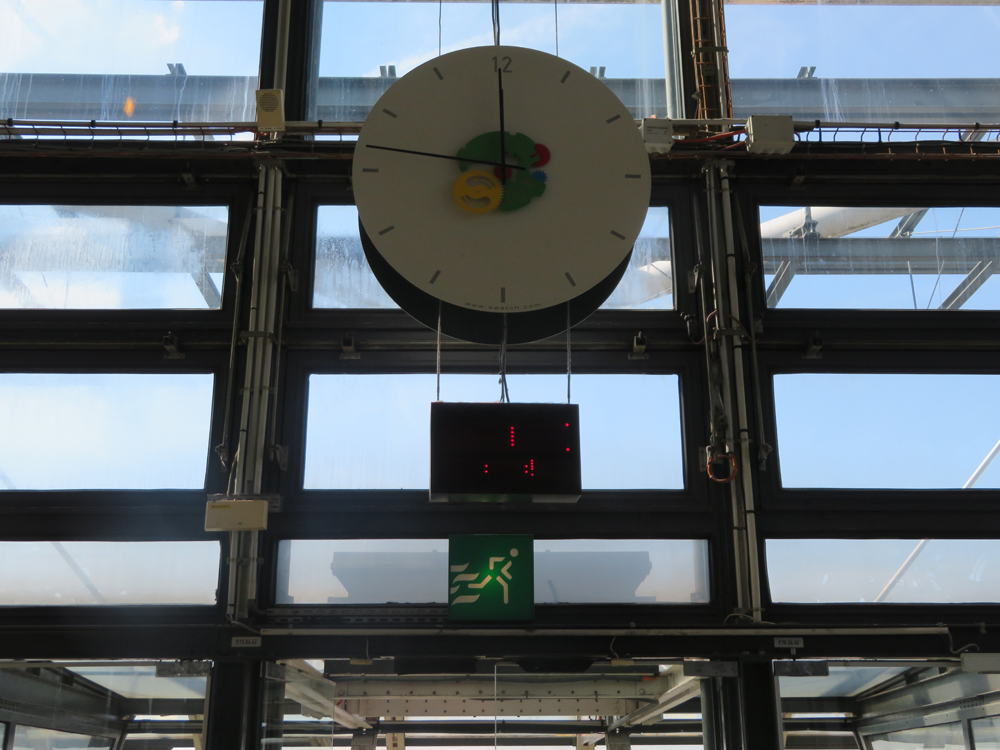Parole de flic – Parole vs Mot Un de mes étudiants a regardé « Parole de flic », un film de 1985 réalisé par Jose Pinheiro dans lequel Alain Delon et Jacques Perrin jouent. Il se demandait la différence entre « parole » et « mot ». One of my students watched “Parole de flic”,… Continue reading Shush… Parole vs Mot – How to Use the Right One Without Blushing!?






